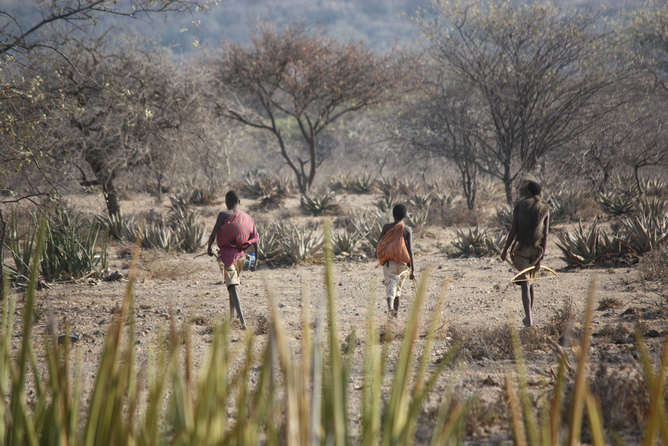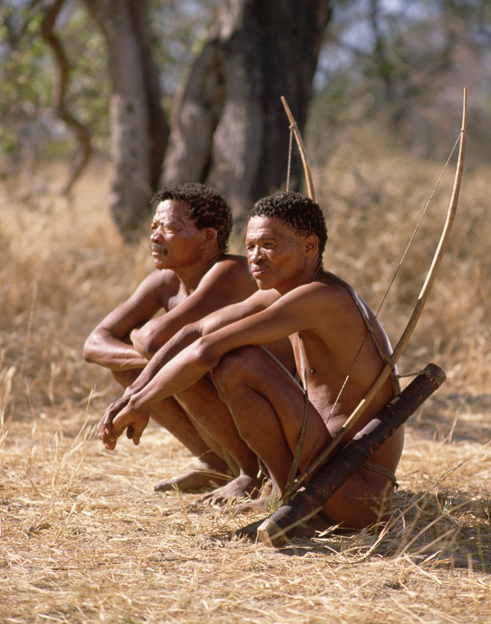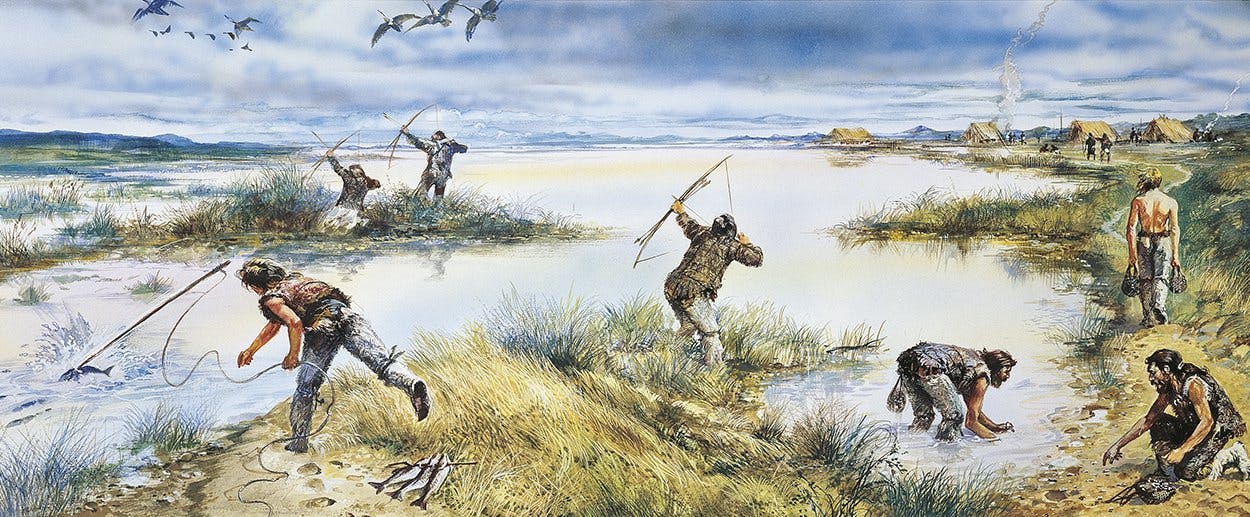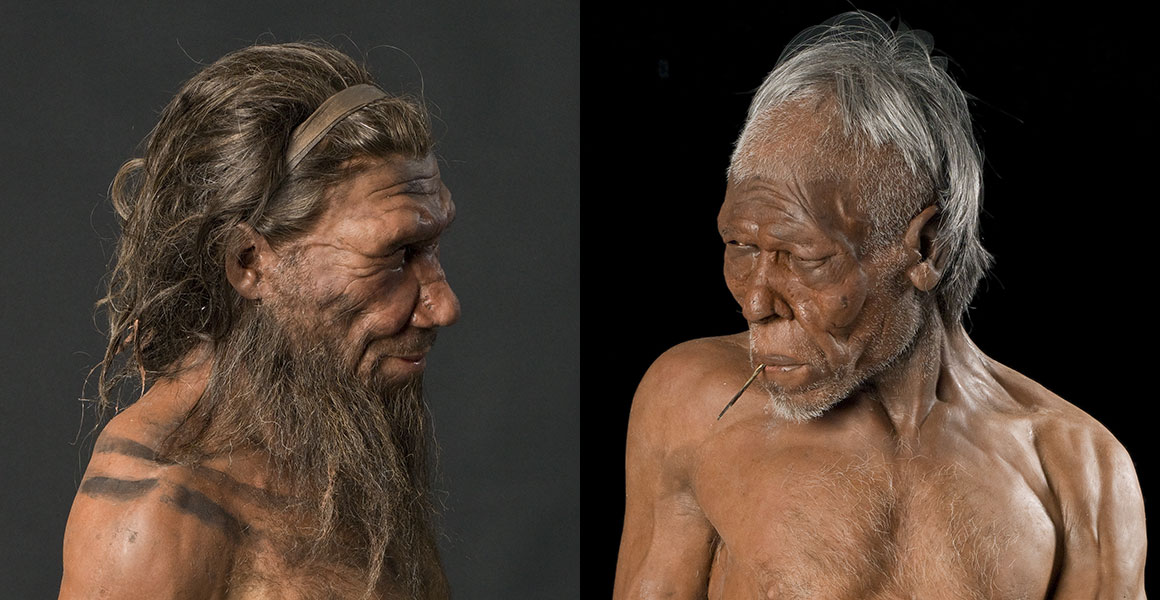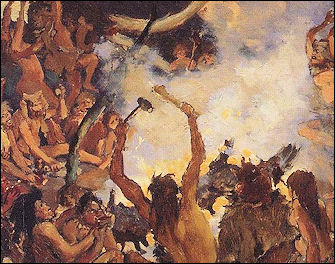Early peoples, or indigenous peoples, have a diverse range of lifestyles that have been shaped by their environment, culture, and history. These lifestyles have evolved over time and vary significantly across different regions and communities. However, there are some common themes that can be identified in the lifestyles of early peoples.
One of the key features of the lifestyles of early peoples is their close relationship with the natural environment. Many indigenous communities have traditionally relied on hunting, gathering, and fishing for their livelihoods, and their daily activities have been closely tied to the seasons and the availability of natural resources. This has often required a deep knowledge and understanding of the natural world, and many indigenous cultures have developed sophisticated systems for managing and conserving natural resources.
Another characteristic of the lifestyles of early peoples is their strong sense of community and interdependence. Many indigenous communities have a strong emphasis on cooperation and mutual support, and decisions are often made through consensus-based processes. This sense of community is often reinforced through cultural practices such as rituals, festivals, and storytelling, which help to maintain social bonds and transmit cultural knowledge and values.
A third feature of the lifestyles of early peoples is their rich cultural traditions and practices. Many indigenous cultures have a strong connection to their history and traditions, and cultural practices such as language, music, dance, art, and spirituality play a central role in their daily lives. These cultural practices are often closely tied to the natural environment and reflect a deep respect for the land and its resources.
In recent decades, the lifestyles of early peoples have undergone significant changes due to a variety of factors, including colonization, globalization, and climate change. Many indigenous communities have been displaced from their traditional lands, and their traditional ways of life have been disrupted. At the same time, many indigenous communities have also been able to adapt and preserve their cultural traditions and practices, and there has been a growing recognition of the importance of indigenous knowledge and perspectives in addressing global challenges such as climate change and sustainable development.
Overall, the lifestyles of early peoples are diverse and varied, and are shaped by a range of factors including their environment, culture, and history. Despite the challenges they have faced, many indigenous communities have been able to maintain and adapt their traditional ways of life, and their rich cultural traditions and practices continue to be an important source of inspiration and knowledge for people around the world.
